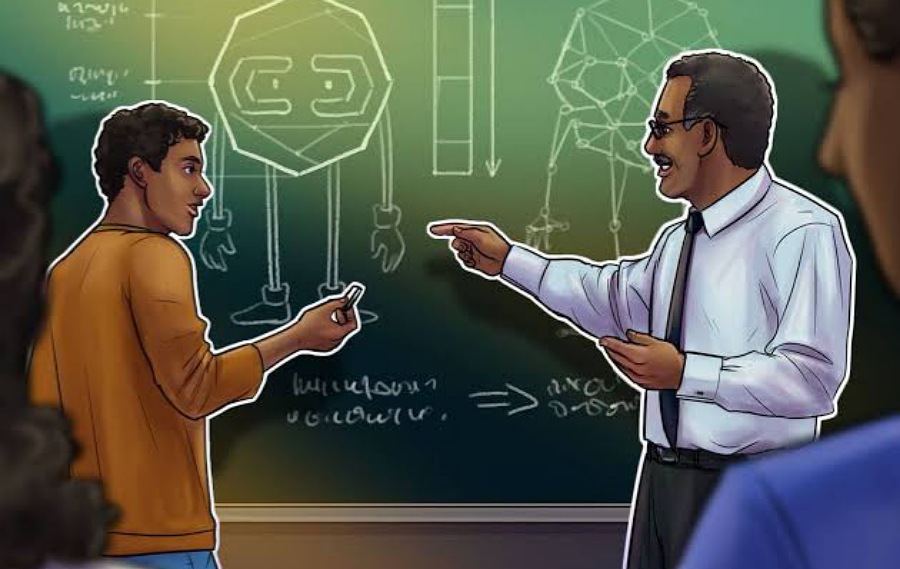A record number of children in Nigeria do not attend school – the highest number in the world. In Nigeria, one in three children are out of school, and one in five out of school children worldwide are from Nigeria.
In observance of the International Day of Education held a few days ago, UNICEF welcomed Nigeria’s pledge to increase domestic education spending by 50% over the next two years, and by 100% by 2025.
Nigeria’s N17 trillion budget for 2022, which was signed into law at the end of 2021, allocates 7.2% to education.
In other words, it is a step forward from the allocation of 5.7% for 2021, but there is still a long way to go before it reaches the internationally recommended benchmark of 15-20%.
With the expansion of NFTs into higher education, students, educators, and institutions can use them to improve the industry.
NFT offers Nigerian educational content creators the opportunity to sell it to universities. As a result, they receive a royalty.
The author of a textbook, for example, will only receive profit when their first sale is made. The NFT allows for the addition of a secondary sales royalty option
Publishers and authors benefit from the ability to resell digital textbooks easily and collect royalties.
The Nigerian culture, social change, intellectual property, and media can all be discussed in NFTs which can be a further image booster and income leverage for Africa’s largest economy. Through NFTs, raising money as a class, and many other opportunities, educational settings offer many ways to shape discussions around these topics.
Consequently, AFEN Group CEO Deborah Ojengbede explains how the NFT can bring billions of people easy access to blockchains via AFEN, a fast-growing Pan-African blockchain company
“The digitalization of existing processes for accessibility is the main driving force for the world of today, which is still very much dominated by web2 companies. Due to the [amount] of time humans spend online, NFTs can, in turn, validate educational activities digitally.”
She further concluded that this pattern led to Edutech companies offering courses and, of course, certifications. Harvard and Oxford can now be reached from the comfort of your own couch.
Nigeria’s higher education can also benefit from the metaverse. Users of the ‘Metaverse’ can use their avatars to shop, socialize, and engage in leisure activities. Students will experience a cyber-physical campus as metaverse makes its way into education.
By implementing NFT, students are now able to record, store, and share their learning moments. Students can then show that they have actually experienced the hands-on aspects of a course instead of simply having high academic grades.
For companies seeking to ensure that candidates are as qualified and experienced as they claim to be, these learning moments can be crucial.
Students receive certificates to demonstrate their skills in a specific subject area. Due to the creation of false credentials, it’s becoming increasingly hard to verify one’s skills.
NFTs can be issued by higher education institutions. This simplifies the validation process because all diplomas, degrees, and PhDs can be issued by universities and stored in a digital space by students to be used as educational profiles.
Until today, contacting the institution that issued the credentials has been the most reliable way to validate one’s academic history and credentials.
NFT will soon make this method obsolete, as it will be hassle-free. In the form of a credible educational profile token, students will own everything in their records – grades, achievements, transcripts.







